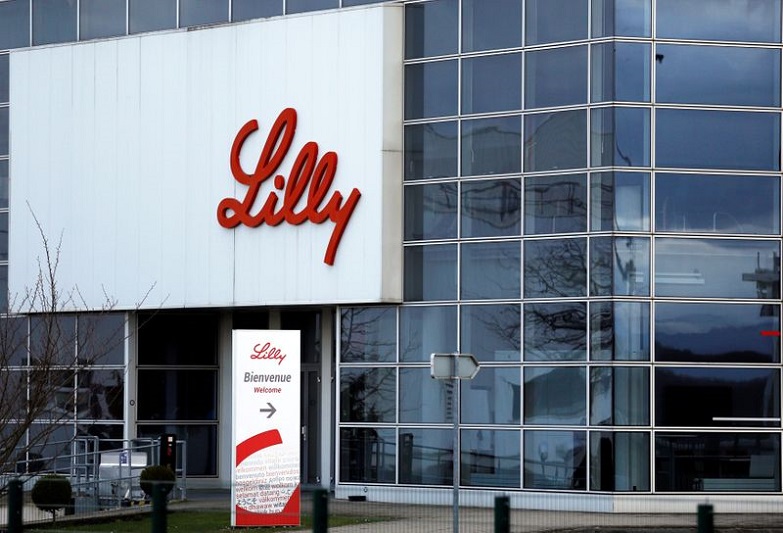Five things to watch in markets in the week ahead
On Wednesday, Bernstein analysts maintained a positive outlook on Eli Lilly (NYSE:LLY) shares, reiterating an Outperform rating and a $1,100.00 price target. The pharmaceutical giant, currently valued at $810 billion, is trading near its 52-week high with a remarkable 32% revenue growth over the last twelve months. According to InvestingPro analysis, the stock appears to be trading above its Fair Value, with analyst targets ranging from $620 to $1,190. The pharmaceutical company recently announced a reduction in the price of its starting doses (2.5mg/5mg) of Zepbound for individuals paying in cash or out-of-pocket through LillyDirect. Concurrently, Eli Lilly is launching higher doses of the same medication. The company’s strong financial position, evidenced by an impressive 81.31% gross profit margin and consistent dividend payments for 55 consecutive years, supports this strategic pricing initiative.
The move comes on the heels of the FDA’s announcement resolving the shortage of semaglutide, a diabetes medication. Analysts believe that the prohibition of compounding semaglutide, which is expected to be enforced starting late April to May 2022, will serve as a significant catalyst for Eli Lilly’s market position, potentially even more so than Tirzepatide, another drug in their portfolio.
The inclusion of LillyDirect prescriptions in the IQVIA numbers, particularly evident in the notable increase in data from February 14, allows for transparent tracking of the medication’s market performance. Analysts have been anticipating such a strategic move from Eli Lilly, as it demonstrates the company’s commitment to dominating the market with innovative solutions.
Eli Lilly’s CEO Rick had previously expressed the desire to increase patient access to their medications in January. The direct-to-consumer approach and self-pay journey program are expected to foster patient loyalty through refill incentives within 45 days and remove third-party intermediaries, thereby potentially expanding the volume of sales. This pricing strategy is seen as a key factor in overcoming one of the largest barriers for patients needing GLP-1 treatments, ultimately benefiting both the stock value and the company’s market strategy. With a "GOOD" financial health score and 16 additional key insights available on InvestingPro, investors can access comprehensive analysis including the detailed Pro Research Report, which provides deep-dive analysis of Eli Lilly’s market position and growth potential.
In other recent news, Eli Lilly and Company has announced the issuance of $6 billion in new debt securities across six tranches, with maturities ranging from 2028 to 2065. This financial move is part of a broader strategy to support the company’s ongoing investments in research and development and expand its product offerings. Additionally, Eli Lilly has acquired Organovo’s FXR program for the treatment of inflammatory bowel disease, enhancing its portfolio in this therapeutic area. The acquisition includes worldwide rights to the commercial and intellectual property aspects of the FXR program.
Eli Lilly has also launched new Zepbound vials and reduced prices under its Self Pay Journey Program, making obesity treatments more accessible. This initiative aligns with the company’s efforts to provide affordable healthcare solutions. Furthermore, Bernstein analysts have maintained an Outperform rating on Eli Lilly, with a price target of $1,100. This positive outlook follows the resolution of a semaglutide shortage, which is expected to benefit Eli Lilly’s diabetes drugs, Mounjaro and Zepbound.
These developments reflect Eli Lilly’s commitment to innovation and its strong market position in the pharmaceutical industry.
This article was generated with the support of AI and reviewed by an editor. For more information see our T&C.
